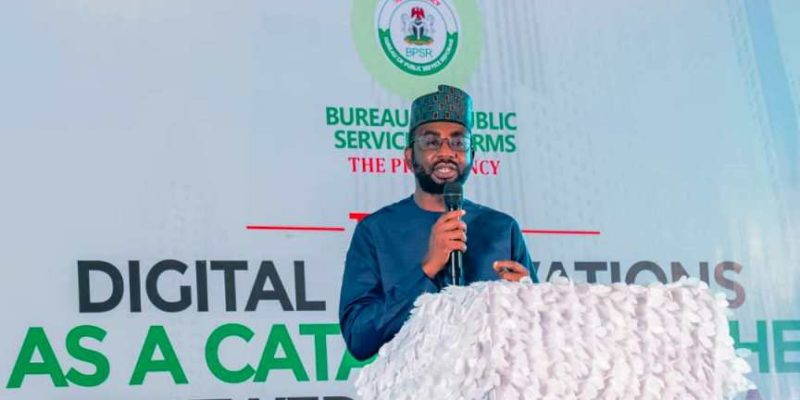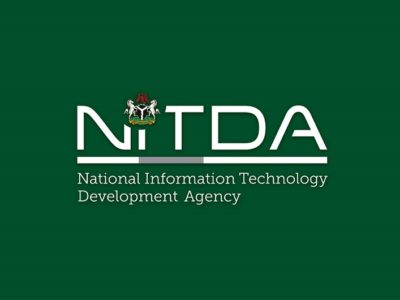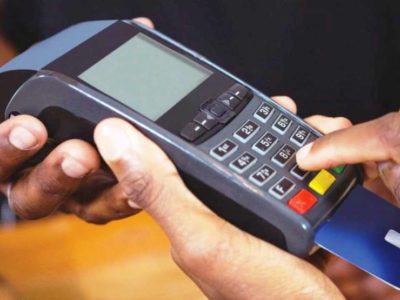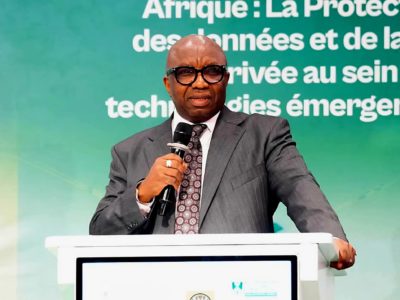Kashifu Inuwa Abdullahi, Director General of the National Information Technology Development Agency (NITDA), has highlighted the critical role of technology and digital solutions in modernizing service delivery and enhancing governance in Nigeria.
RELATED: Nigerian researchers shine at ICEGOV 2024: Advancing digital governance and economic growth
Speaking at the Nigeria GovTech Conference and Awards in Abuja, Abdullahi stressed that digitizing government services is essential for driving economic growth. This is equally important for improving the efficiency of policies and programs. The event organized by the Bureau of Public Service Reforms (BPSR).
The conference was themed “Digital Innovations as a Catalyst for the Renewed Hope Agenda.” It brought together key stakeholders to discuss the importance of digital transformation in achieving Nigeria’s development goals. Abdullahi emphasized that the Federal Government’s vision of creating a digital economy that benefits all Nigerians aligns with NITDA’s mission to foster technology adoption across various sectors.
He called for a comprehensive agenda focused on human capital development, digital literacy, and skills training in both formal and informal sectors. This is to underscore the importance of digital innovation for economic empowerment. “Our aim is to strengthen institutions and improve citizens’ lives through effective governance and technology adoption in line with the President’s Renewed Hope Agenda,” he said.
NITDA’s Strategic Roadmap and Action Plan
Abdullahi outlined NITDA’s Strategic Roadmap and Action Plan 2.0 (SRAP 2024-2027) built on eight pillars. They include Fostering Digital Literacy and Talent Development, and Building a Robust Technology Research Ecosystem. Others are Strengthening Policy and Legal Frameworks, Promoting Inclusive Access to Digital Services, and Enhancing Cybersecurity and Digital Trust. The pillars also include Nurturing an Innovative Entrepreneurial Ecosystem, Forging Strategic Partnerships, and Cultivating an Agile Workforce.
He explained that the agency aims to achieve 95% digital literacy by 2030, with a target of 70% by 2027, through three key initiatives. The first involves collaborating with the Ministry of Education to incorporate digital skills into the formal education system. The second focuses on providing digital literacy training to informal sector workers, including market women and artisans, to help them leverage technology in their businesses.
The third initiative, “Digital Literacy for All,” is being implemented in partnership with the National Youth Service Corps (NYSC), currently running in 12 states, with plans to expand nationwide to train 30 million Nigerians.
In his welcome address, BPSR Director General Dasuki Arabi highlighted the potential of digital transformation to enhance service delivery, promote citizen engagement, and foster inclusive governance. He stated that e-governance reforms would position Nigeria as a leader in digital governance, paving the way for greater transparency, accountability, and national advancement.
Arabi added that with the right technology and innovation, Nigeria can fulfill the mandates of the Renewed Hope Agenda and create a more prosperous and inclusive society for all.





























